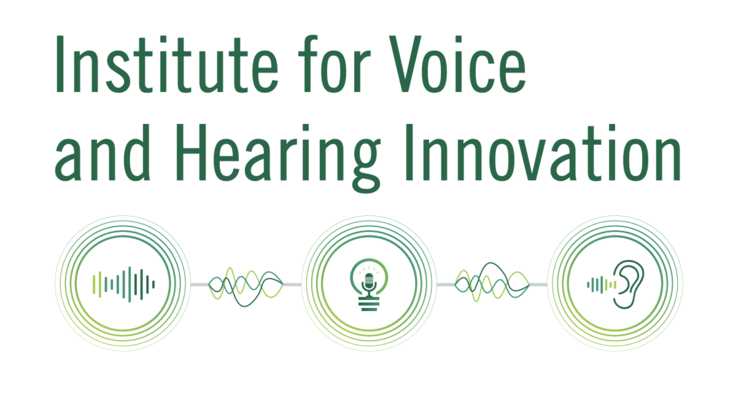Bensoussan, Yael E., Emily G. Evangelista, Rebecca J. Doctor, Begum A. Mathyk, Kate L. Bevec, Jamie A. Toghranegar, and Rupal Patel. 2024. “Menopause and the Voice: A Narrative Review of Physiological Changes, Hormone Therapy Effects, and Treatment Options”. Menopause, 10.1097/GME.0000000000002636.
Abstract
Importance and objective: Voice changes during menopause affect patients’ communication and quality of life. This narrative review aims to provide a comprehensive exploration of voice changes during menopause. It presents objective and subjective/symptomatic changes as well as treatment options for this population. Lastly, it identifies areas of research and future directions needed to serve this population through collaboration between voice experts and gynecologists. Methods: To inform this narrative review, a literature review was conducted using the PubMed database, encompassing publications from January 2005 to January 2025. The review synthesized research on hormonal influences, acoustic analyses, laryngeal imaging, and patient-reported outcomes, with a focus on understanding the physiological mechanisms underlying menopausal voice alterations. Results: The review reveals a complex narrative of vocal transformation during menopause. Hormonal decline—characterized by reduced estrogen and progesterone levels—precipitates significant laryngeal changes. Up to 46% of menopausal women experience perceptible vocal modifications, including decreased fundamental frequency (by 0.94 semitones), increased vocal instability, and reduced phonation capabilities. Particularly vulnerable are professional voice users, who face unique challenges in maintaining vocal performance. Hormone therapy demonstrates potential protective effects, though findings remain inconsistent. Discussion and conclusion: Menopause-related voice disorders represent a nuanced and underexplored medical phenomenon. This review underscores the critical need for interdisciplinary research that integrates gynecology, otolaryngology, endocrinology, and speech pathology. Future investigations could focus on developing AI-driven voice biomarkers, conducting longitudinal studies, and creating targeted interventions that recognize the voice and respiratory transitions women experience during menopause.
Last updated on 09/24/2025




